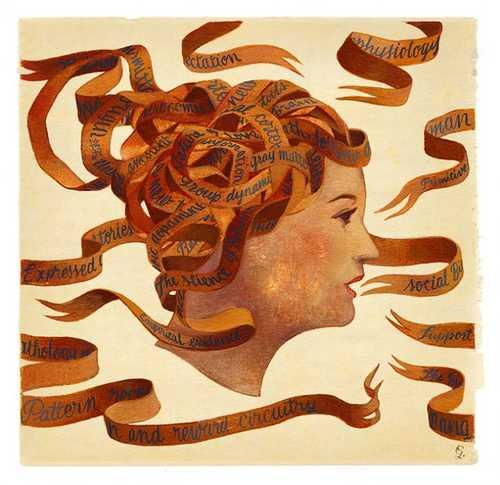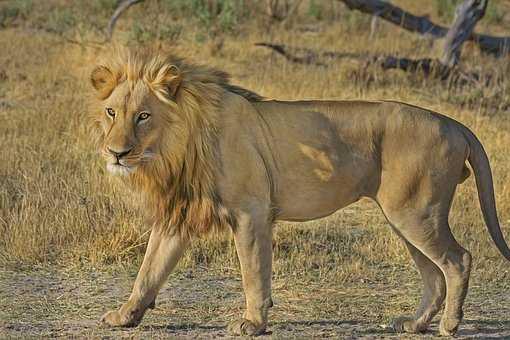Our Brains Tell Stories So We Can Live - Issue 75: Story - Nautilus
Curated from: nautil.us
Ideas, facts & insights covering these topics:
6 ideas
·2.16K reads
10
Explore the World's Best Ideas
Join today and uncover 100+ curated journeys from 50+ topics. Unlock access to our mobile app with extensive features.
Storytelling is essential to living
Stories are the primary way through which we make sense of our world. We explain ideas by telling stories.
Even science uses storytelling when they use data of the physical world to explain phenomena that cannot be reduced to physical facts, or when they extend incomplete data to draw general conclusions.
For example, knowing the atomic weight of carbon and oxygen cannot explain to us what life is.
230
439 reads
Where science and story meet
Despite the verities of science, we feel compelled to tell stories that venture beyond the facts.
When we first see separate ideas, we feel obliged to find a relationship between the ideas to form a coherent picture. Once a possible relationship has been established, we feel the need to come up with an explanation.
158
248 reads
The brain’s reward system
When the brain pieces separate bits of an image together to form a coherent picture, it is known as pattern recognition. Once we recognize a pattern, it can spark a degree of pleasure, often described as that "a-ha" moment.
201
326 reads
Hypotheses and making up stories
Science is about making up stories called hypotheses and testing them, then coming up with better stories. Once a story is complete, science goes to a lab to test it. While a story is useful, it can also be a problem if we run with an incomplete story. Our brains' reward for possible pattern-matching can overlook conflicting information as it searches for patterns, not identical inputs.
We earn a dopamine reward every time we understand something - even if the explanation is defective. This may result in misinterpreting data.
158
222 reads
Good science
Good science = precise data - possible interpretations.
Good science is a humble recognition of the limits of what scientific data can say.
156
697 reads
What science to accept
- Ensure that any science you trust has passed through the peer-review process. And even then it might not be accurate.
- Search for information on the limits of the data in science reports. Were assumptions made? Be concerned if the discussion of them is missing.
- Assess the preciseness of language, tightness of structure and restraint with which they present moral issues.
- Assess the historical, cultural, and personal context of the study.
- Are they willing to entertain alternative opinions and interpretations?
151
231 reads
IDEAS CURATED BY
Creator. Unapologetic student. Lifelong coffee ninja. Internet nerd. Bacon lover.
Valentina D.'s ideas are part of this journey:
Learn more about health with this collection
Practicing empathy in relationships and communication
Understanding the importance of balance in personal and professional life
Defining your path in life
Related collections
Similar ideas
6 ideas
Five essential writing tips backed by science
bigthink.com
Read & Learn
20x Faster
without
deepstash
with
deepstash
with
deepstash
Personalized microlearning
—
100+ Learning Journeys
—
Access to 200,000+ ideas
—
Access to the mobile app
—
Unlimited idea saving
—
—
Unlimited history
—
—
Unlimited listening to ideas
—
—
Downloading & offline access
—
—
Supercharge your mind with one idea per day
Enter your email and spend 1 minute every day to learn something new.
I agree to receive email updates


